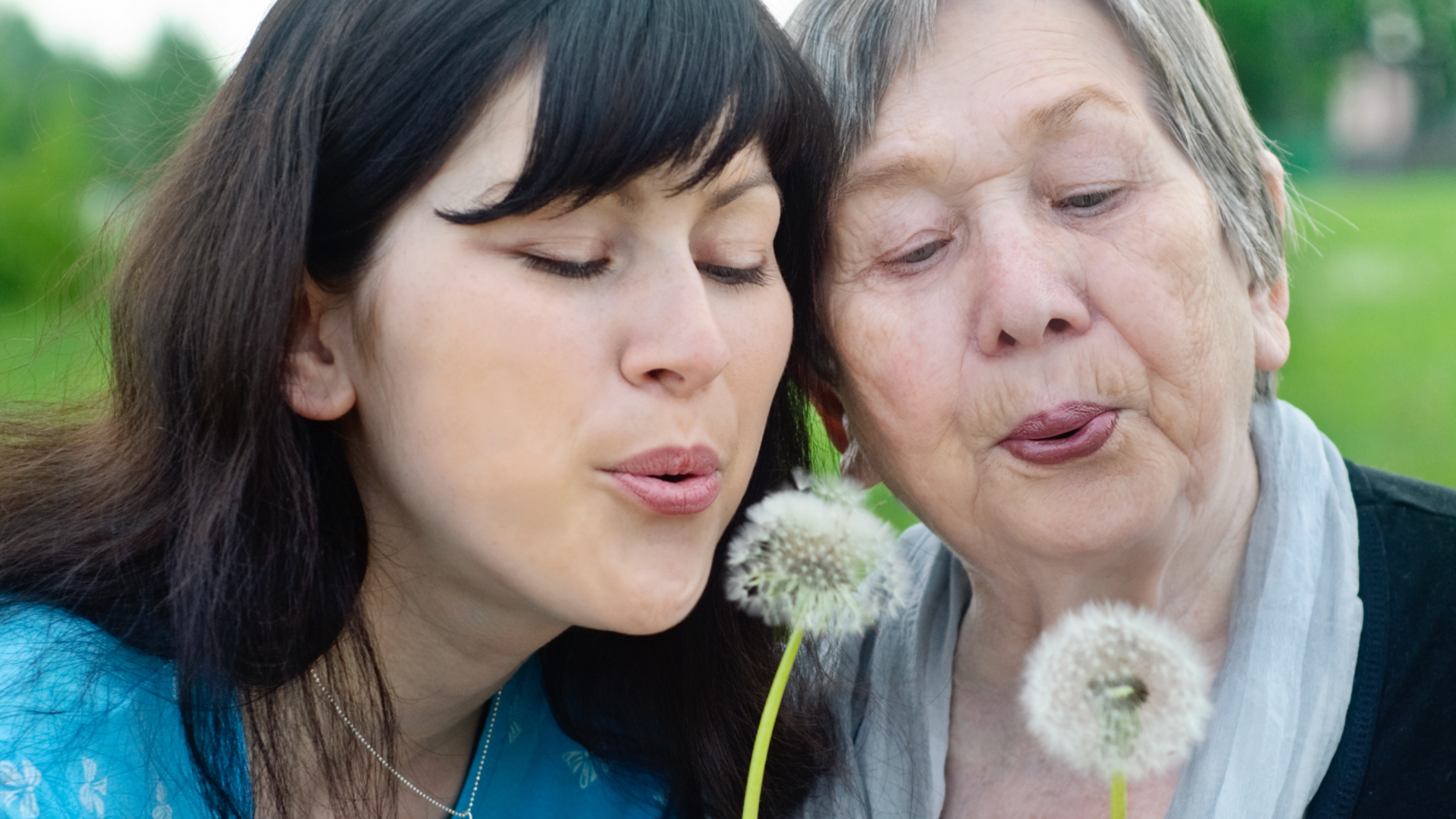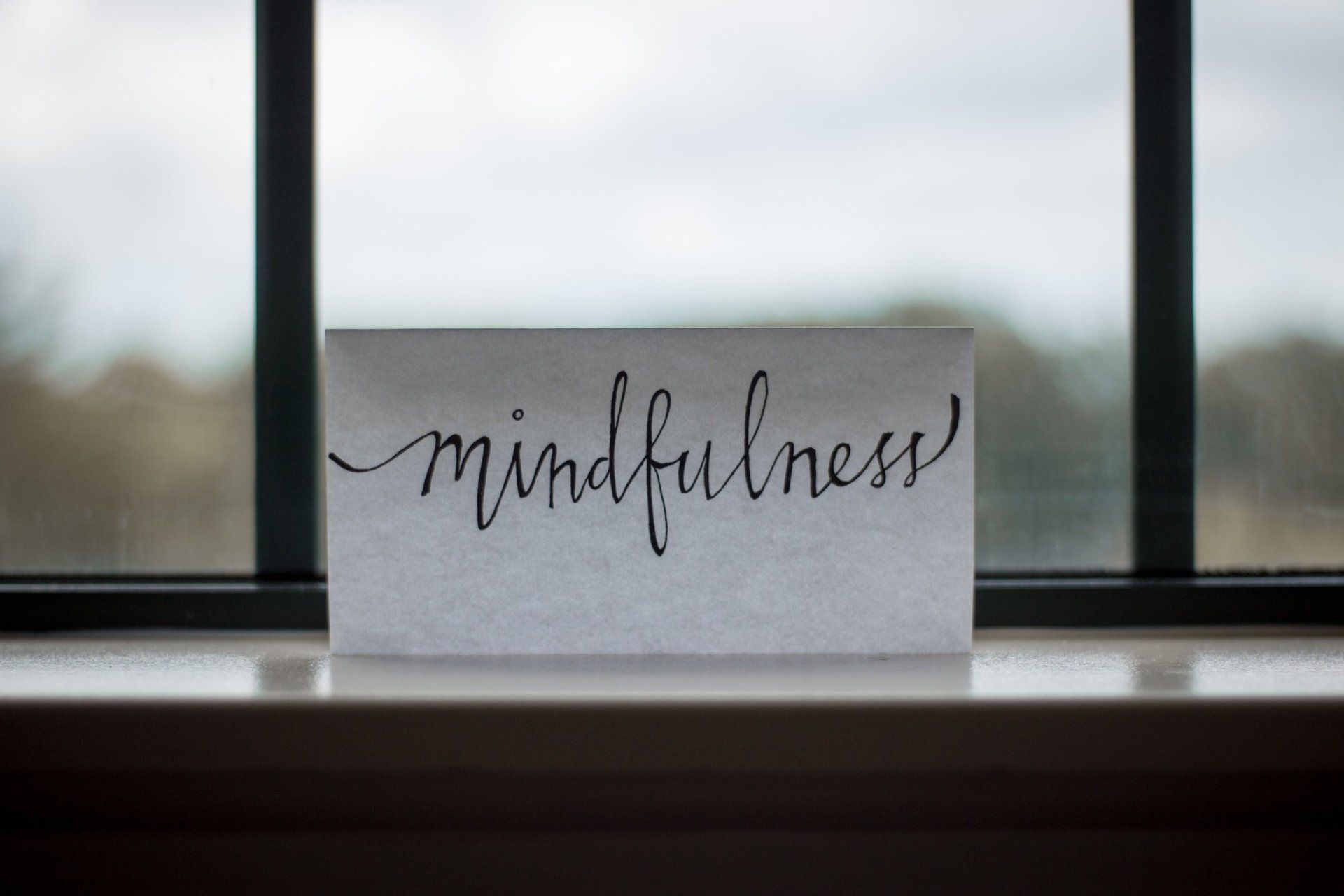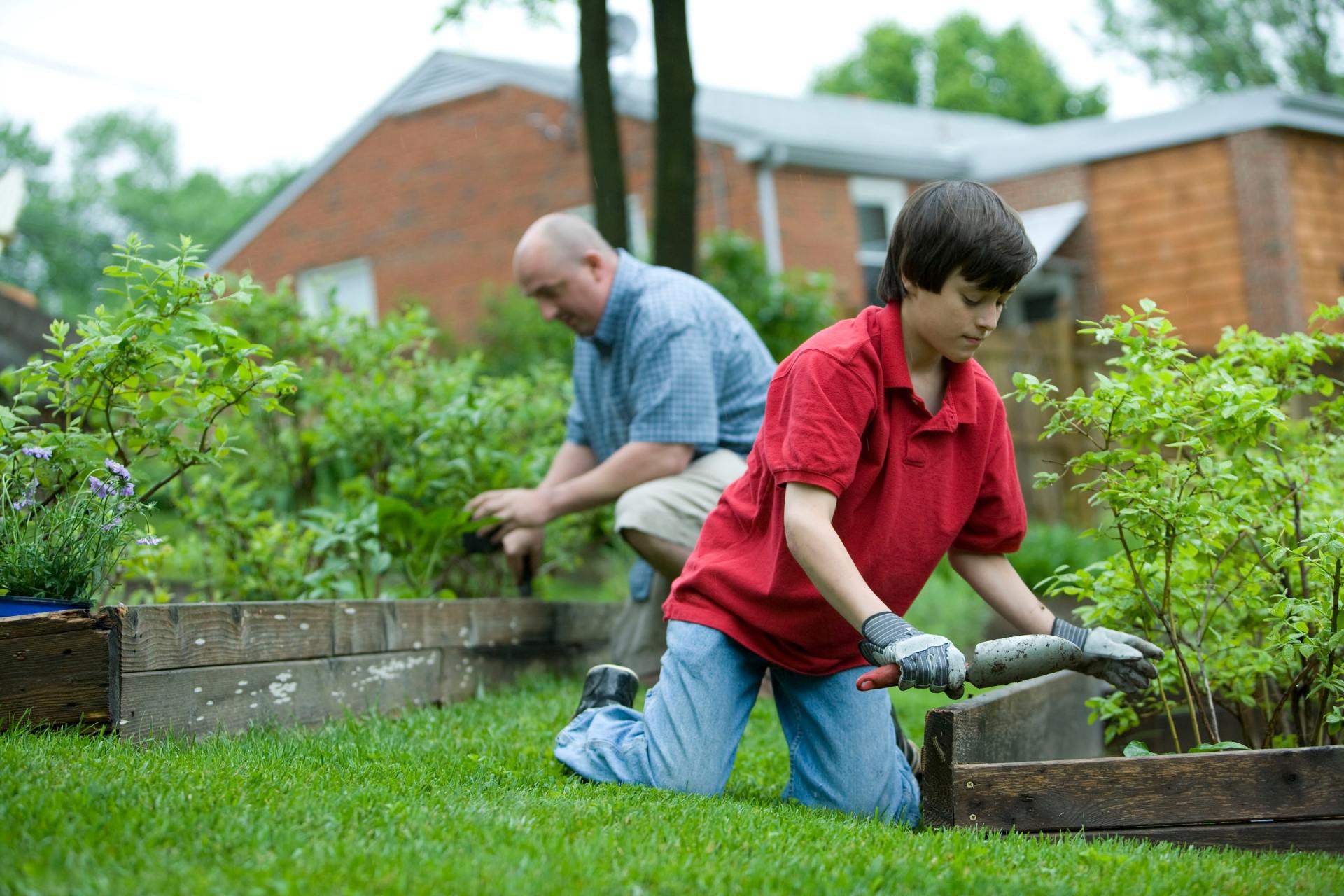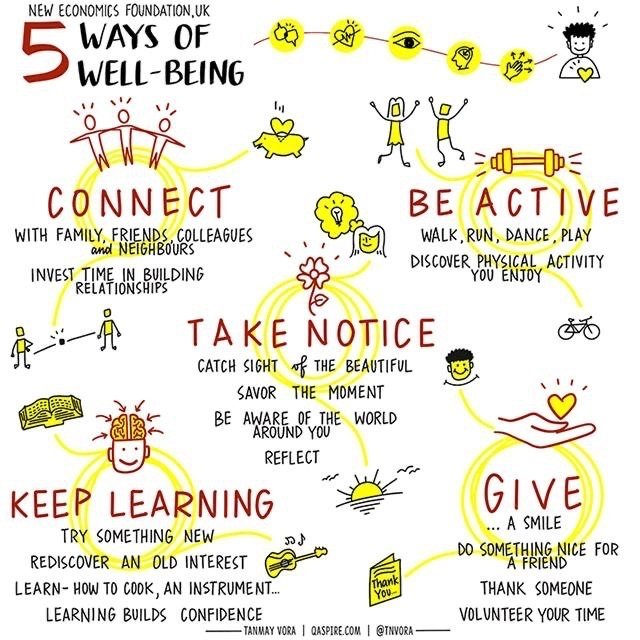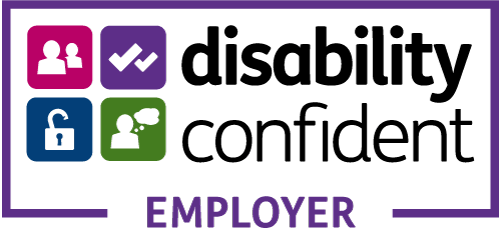Strategies for Managing Pain
Lift your mood during Lockdown – 10 strategies
As discussed in the 2 previous articles on living with pain, being aware of your mood and taking steps to keep it positive as often as possible is key to consistently managing your pain. This article introduces 10 strategies to help you achieve this as well as some specific activity ideas and a Bonus strategy to help you maximise self-care in your schedule.
1. Making future plans
Creating a list of activities and events to look forward to after the lockdown will help to maintain a positive mindset. When you visualise things you look forward to, you generate positive emotions. Your brain does not know the difference between what is real and what is imagined and therefore focusing on pleasurable activities will enhance positive mood. Bear in mind that time is irrelevant here, you can imagine future events and activities and you can also draw on positive memories from the past to boost your levels of happy hormones such as serotonin, dopamine and endorphins. Endorphins in particular, are associated with pain relief as well as relaxation, and so doing or thinking about activities which produce this hormone can be highly beneficial.
2. Increase Contact
Human are designed to be social and gain many benefits from being around other people.
During a lockdown it becomes more difficult to spend time with others and therefore we need to be more open to finding new ways of communication that work for us. For some people it is more frequent phone calls, for others, FaceTime or Zoom. When permissible, making time to meet people in open spaces can be a great option as it exposes us to nature, fresh air, exercise and the opportunity to see people we care about.
If you are someone who would not normally choose to meet friends in a park, consider stepping outside of your comfort zone just once. Treat it as an experiment to see if it was worthwhile. You have nothing to lose and you may enjoy it. If you do not enjoy it, you can continue to find alternatives but if you do enjoy it, then you have found a new way to feel good which you can then repeat and implement on a regular basis.
When pain is chronic, walking can be challenging at times, so it is important to pace yourself and to stop when needed. Conversely, staying still for too long can also result in pain and so movement where feasible, for most people, will be beneficial if managed with care.
Being open to adjusting our routines and activities will help us make the most of the restrictions that are currently in place. We may not be able to change the situation, but we can certainly adapt our behaviour and response to it.
3. Explore your physical health
There are many aspects to our health which can be impacted by our behaviours. The lockdown (and the New Year) may provide an opportunity to examine what you can do in your routine to boost your health. Diet, sleep and exercise are often overlooked in the management of pain yet can make a real difference to our ability to cope. The following questions are worth considering.
Are there changes to your diet which would help?
Would you benefit from any supplements? Are you drinking enough water? Can you increase the amount of exercise you do? Are there any adjustments you can make that would help you to exercise more regularly? Do you know what types of exercise you could try? Could someone help you?
4. Movement
Following on from the previous point, consider your own thoughts around exercise. What thoughts and emotions does this word conjure up for you? Do you picture having to go to the gym or do something so strenuous that you fear your pain will increase?
Has this happened in the past? Looking at new ways of moving will help you to gain strength and build resilience. Therefore, it is important to find ways which work for you.
e.g. This could involve walking, yoga or gentle stretching
Before you start any exercise plan, do consult your GP to gain further advice.
Also consider your Why? If you have the idea of why you are doing this firmly planted in your mind, this will motivate you and help you to keep doing it!
5. Reduce Stress
Stress can take a massive toll on our wellbeing. Being aware of this is vital so that we can take steps to combat the effects of stress on our pain. This can be done in a number of ways such as:
Identifying the areas of stress in our lives – e.g. people, situations, aspects of work, specific activities.
Once we know what these are, we can work towards reducing these areas and making adjustments to limit the impact of things we cannot change.
Take time to research relaxation activities. One size does not fit all but there are numerous activities we can choose from and the more activities we are aware of, the greater choice we will have when it comes to choosing activities which resonate with us.
Examples of these may include; meditation, mindfulness, breathing techniques, visualisation and journalling.
6. Goal-setting
This is a perfect time of year to consider setting some new goals for yourself. Take some time to brainstorm ideas of what you would like to achieve in 2021.
Once you have some ideas, break these down into steps and consider who may be able to assist you? Is there any research needed? Once you have the steps, break them down again into even smaller steps and then begin to schedule into your diary. Start with one step per week and gradually increase to 2 or 3 as time allows.
Always consider the WHY? Why do you want to achieve this specific goal?
Knowing your why will provide you with motivation when it feels difficult to maintain.
7. Contribute
Evidence shows that when we feel we are making a contribution; this can have a powerful and positive impact on our mental and emotional wellbeing. Consider areas of contribution you could make. This could be anything from raising money for a charity, volunteering, cooking for someone, helping someone with a task to giving someone a compliment to improve their day. Doing something for someone else will make you feel good and will also externalise your focus which is a win-win!
8. Gratitude
When we are in pain, especially when we feel low or isolated, it can be difficult to remember to feel grateful, but it is precisely in these moments where gratitude can be so helpful. Being able to remember what you have in your life that is positive will make you feel good and allow you to focus on something uplifting. This could be a kind word someone said to you, or a helpful friend or even noticing that there was less pain in the past hour than in the one before.
Start by taking time each day to write down 3 things that you are grateful for. People who do this consistently report that they unwittingly begin to notice more and more things to feel grateful for which boosts their mood.
9. Challenging your thoughts
Learning to notice your thoughts is critical when trying to improve your mood. Most of our thoughts come straight from our subconscious mind and are automatic. We are often unaware of them until we notice that we are feeling badly. Making an effort to capture negative thoughts and then challenging them can be hugely helpful. Are your thoughts based on fact or are they just opinion/ negative self-talk? Commit to only accepting thoughts which have an evidence base. Learning to be aware that thoughts are not facts can be the first step in changing your mindset and becoming more positive. This shift in mindset will build resilience and help you to manage your pain more effectively over time.
10. Learn something new
One way to quickly improve your mood is to explore something new. Is there a subject that you have always been interested in but never found the time to look into? With the instant access to an abundance of knowledge gifted to us by the internet, Pinterest and YouTube, there is no reason why we cannot learn anything we want to.
Take some time to brainstorm areas of interest you might be passionate about. This could be anything from your next holiday to how the Pyramids were built but investing some time to consider what areas of interest appeal to you is a first step in gaining knowledge which will make you feel good and which you can share with others.
And Finally...
Prioritising self-care activities is particularly important in the effective management of pain.
Below is a list of 30 popular examples:
· Do something new
· Get a massage
· Watch the sunrise
· Fresh sheets
· Bake something
· Listen to a podcast
· Laugh
· Watch a movie from 80s or 90s
· Plan a getaway
· Go on a date
· Catch up with a friend
· Focus on breathing/ meditate
· Visualise an ideal situation
· Go for a walk
· Watch a Ted Talk
· Abstain from Facebook and Instagram!
· Give someone a compliment
· Sing whilst driving (even if seen!)
· Create a vision board
· De-clutter
· Research a new hobby
· Update your playlist
· Dance for no reason
· Read for inspiration
· Pamper yourself
· Spend time with your pet (or your friend’s pet)
· Help someone
· Eating your favourite meal
· Do something outside of your comfort zone
· Remind yourself that you are amazing
BONUS STRATEGY
When time is short it can be difficult to prioritise self-care, it takes a shift in perspective to keep protecting this time for yourself.
One technique I share with patients is to maximise self-care by combining activities using a 1-2-3 technique.
For example, if you find taking a long bath relaxing (1), why not elevate the experience by also listening to your favourite music (2) and perhaps drinking a glass of your favourite beverage (3). By using this 1-2-3 technique, you will amplify the pleasure experienced from the time you have available. Simple yet highly effective.
You’re welcome!
